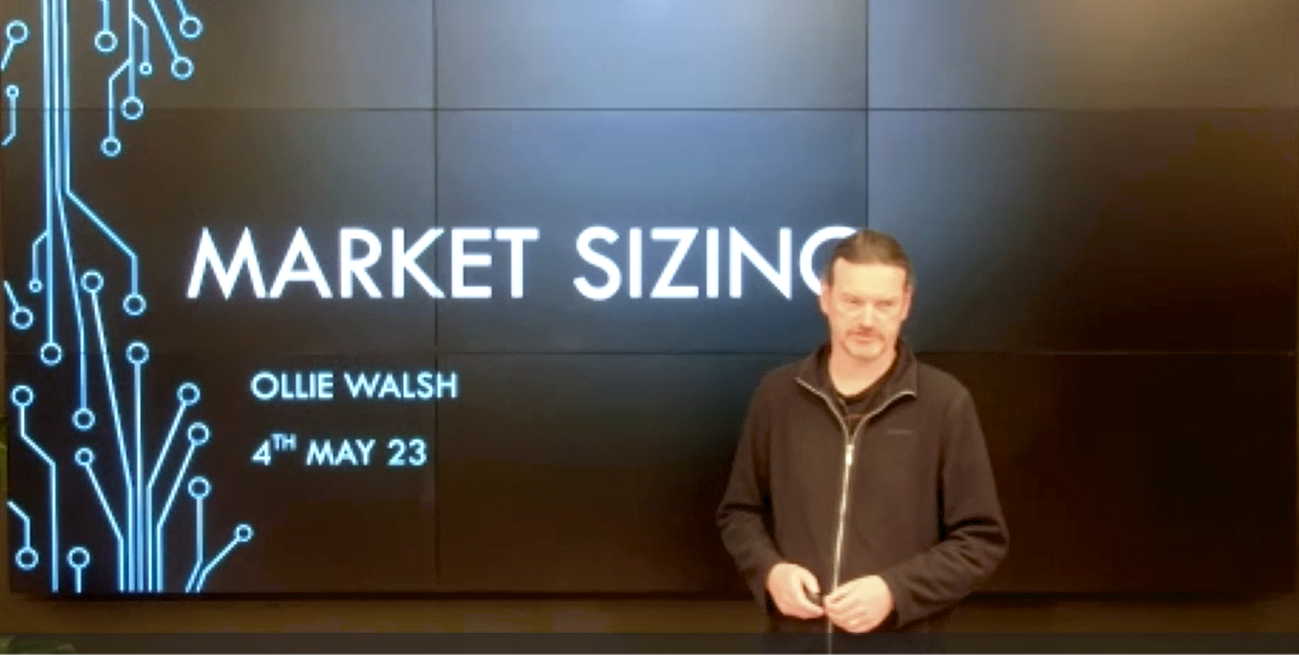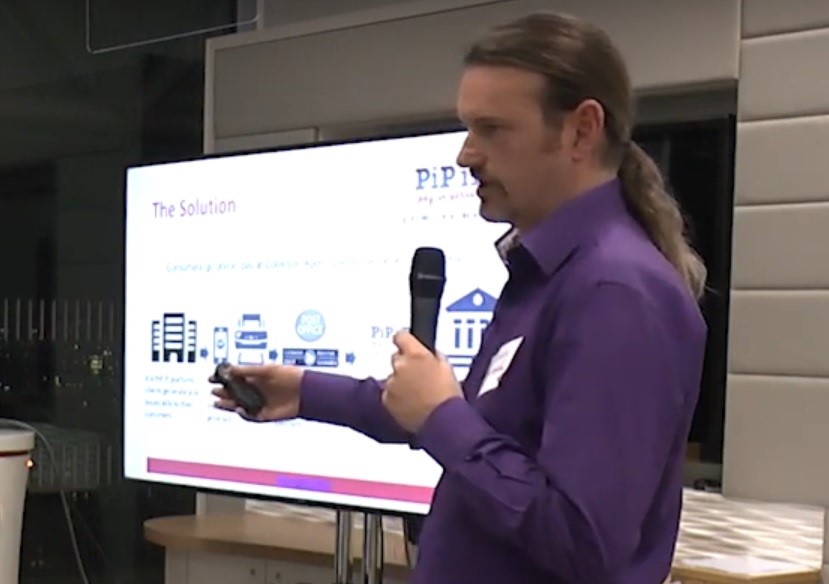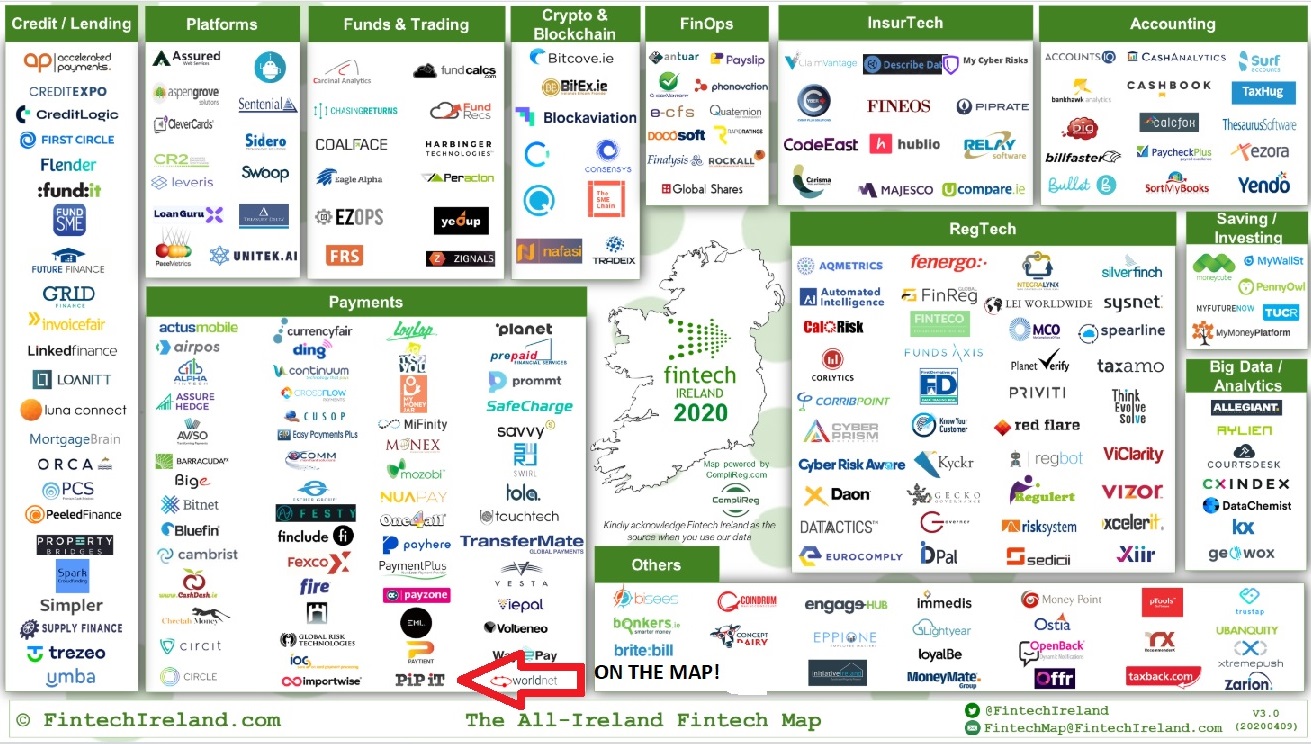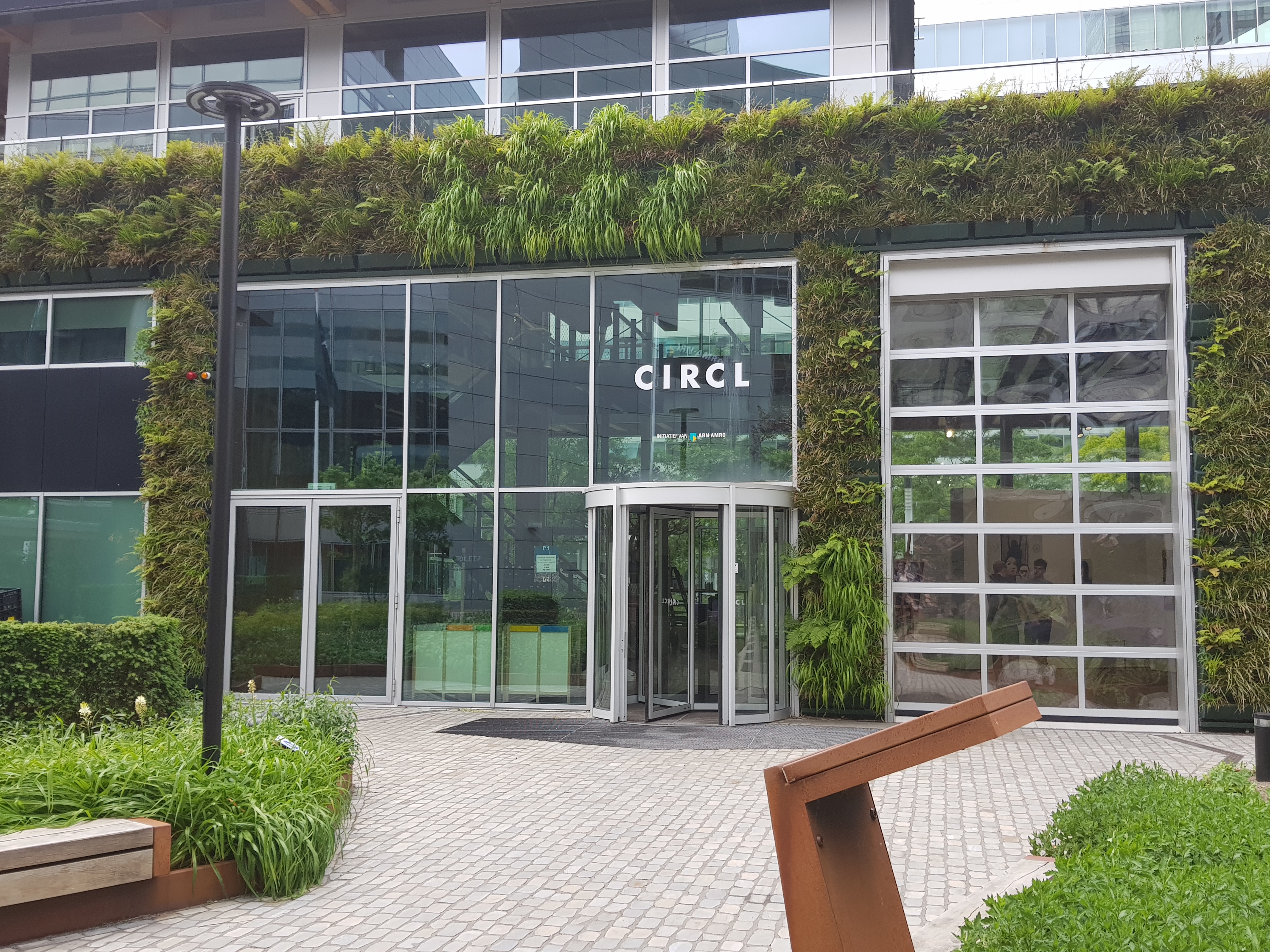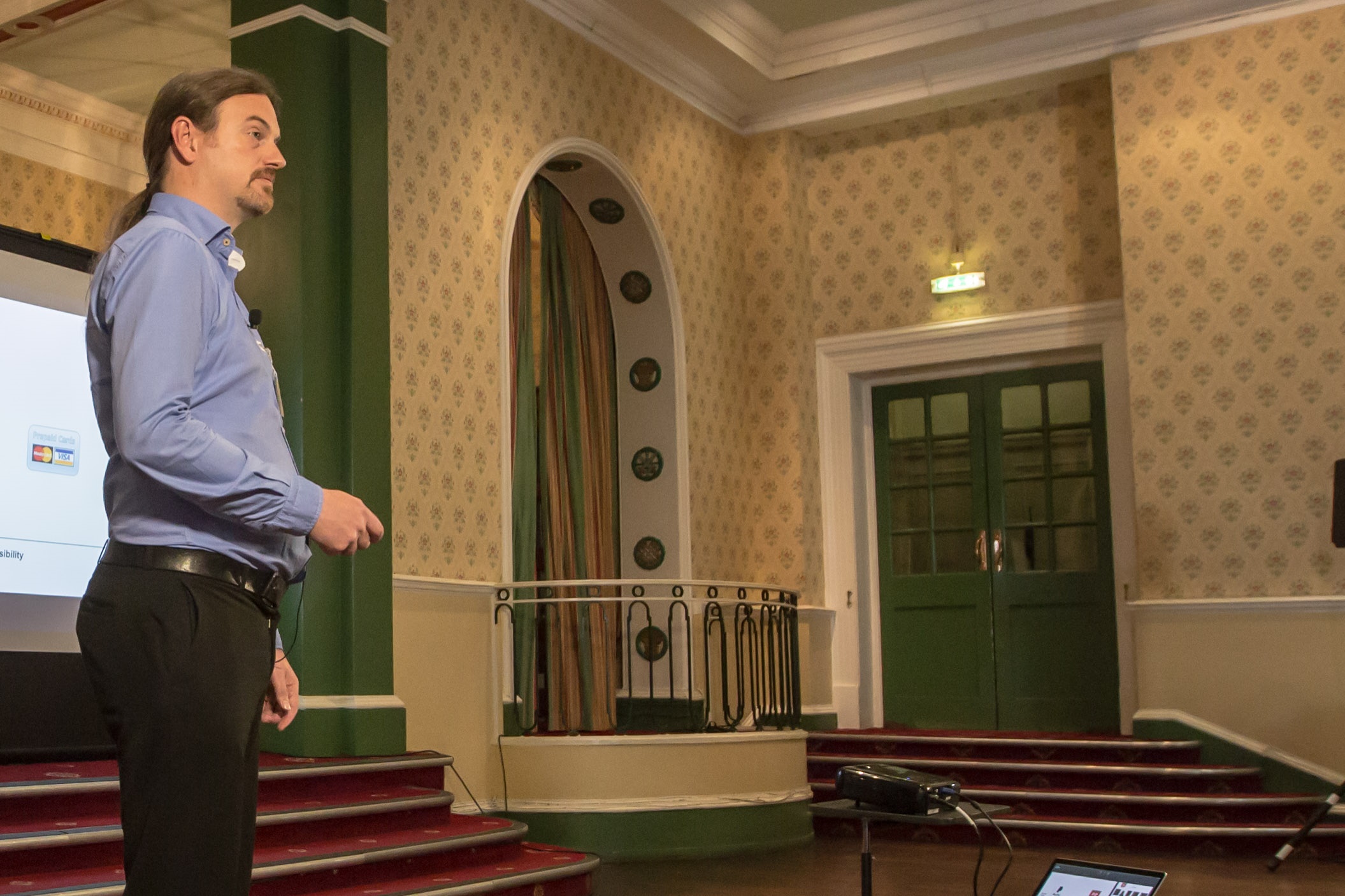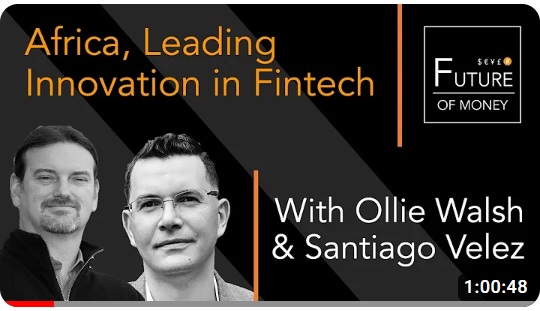
30 Years of Entrepreneurship
I recently passed the milestone of 30 years as an Entrepreneur!
It’s been a long road, with lots of lessons learned.
My first business was a comic shop called Needful Things in Galway, Ireland where I learned at the coal face, putting my marketing degree into practice. The picture above, is the 21 year old version of me!
In 30 years, I have founded and led business in retail, online (1995 – the second business in Ireland to transact online!) music promotions, energy management, product development, international distribution and payments. In that time, being an Entrepreneur and starting a business has changed considerably.
Here are some observations from that time.
When I started in business, ‘Entrepreneurship’ wasn’t really a thing! Business owners were ‘self-employed’ and being a business owner had nothing like the rock star status that many Entrepreneurs now have.
In recent years, Entrepreneurship has emerged as a major economic and cultural trend around the world. This movement toward entrepreneurship and startup culture has been driven by technological, economic, and social factors that have made starting a business more accessible and appealing than ever before.
The rise of the internet and digital technologies has been perhaps the most significant enabler of the entrepreneurship trend. The ability to develop products (physical and digital) reach global markets, collaborate remotely, and scale businesses rapidly with relatively low capital requirements has dramatically lowered the barriers to entry for aspiring entrepreneurs.
This change has been rapid. When I cofounded Invention Services, a product development company in the late nineties, getting a mould made for a prototype of a product (we operated in the sports and DIY/hardware markets) cost $10,000. If it needed to be adjusted, that was another $10,000. By the late 2000’s we had a 3D printer which cost $2000 and we could make prototypes in hours for $5.
Digital platforms and marketplaces have created new distribution models and opportunities in areas like e-commerce, software-as-a-service changing how businesses get their products to customers. However, the ubiquity of distribution has vastly increased the range of products and services available to consumers, which has made customer acquisition and retention much more difficult. In my experience, Entrepreneurs now underestimate how difficult distribution is as they think as its online – downloads for digital products or marketplaces for physical, that its easy. Its not.
Economic shifts have further fuelled the entrepreneurship trend. Jobs used to be for life with people getting a job with ‘the bank’ or local factory straight out of school and staying there till retirement. This has pretty much gone now with employment at large corporations and increasing job insecurity have pushed many to consider entrepreneurship as an alternative career path.
The 2008 financial crisis in particular spurred a wave of entrepreneurship out of necessity, as laid-off workers started businesses. Global crashes and more localised events lead to sudden glut of highly skilled people, usually with a redundancy package to provide funding starting businesses. Every crisis is an opportunity. However, people who rush into starting new businesses frequently don’t spend enough time planning. This leads to an even higher failure rate in a world where start up failure rate is already high.
Don’t start a business based on having product knowhow and some cash. The Entrepreneur needs to understand all the dynamics of a business – product, finance, marketing, sales, management, leadership, recruitment. This is a very broad set of skills. Find CoFounders to share the load and to bring in a diverse range of skills.
You also need to battle test your idea. Over the last thirty years, every founder I talked to thought their idea was the best one ever! People get attached to their own ideas, be prepared to face into the prospect that other people won’t be as excited as you are or even will be outright dismissive of your world changing, billion dollar idea!
Cultural attitudes have also evolved to embrace entrepreneurship. Starting a business is increasingly seen as a desirable career choice, especially among younger generations. The idea of being your own boss and pursuing passion projects holds strong appeal. Entrepreneurship is celebrated in popular culture through TV shows, podcasts, and social media influencers. Many universities have expanded their entrepreneurship programs and on-campus accelerators to meet growing student demand. The Y Combinator and TechStar’s model has been replicated globally. If you have a business idea, I highly recommend applying to a relevant accelerator. I have participated in two myself as Founder of Pipit Global and I have mentored on many more.
I frequently come across the ‘be my own boss’ reason for being an Entrepreneur. Entrepreneur’s apparently can take off whatever time they want and work to their own hours. If only. The reality of being a business owner – at least in the first five plus years, is that you are never off. Every problem is your problem and business problems don’t care if its your day off or if you are on holiday or if its Christmas.
Social media has also played a key role, allowing entrepreneurs to build personal brands and connect directly with customers and become The ‘Rock Star’ Entrepreneur. Stories of tech billionaires and unicorn startups have inspired opportunity-driven entrepreneurship, with talented individuals leaving traditional jobs to pursue the life of the Rock Star Entrepreneur.
I think this is a really fitting analogy, as for every rock star who is filling stadiums and making millions there are probably a thousand paying in venues mid-sized venues, who are moderately famous but struggling to make ends meet and another hundred thousand working full time playing gigs in bars in the evening dreaming of their big break.
If you are starting a business, go in with your eyes open and realistic expectations. It is not at all unusual in my mentoring/consulting experience for startup Entrepreneurs to have financial projections in the billions by year 3 (aka faster growth than pretty much any company in history) and Unicorn level exit by year five.
Social Media also gives the impression that marketing is easy. All Social Media accounts are free and global; therefore marketing is both free and easy! The noise in the Social Media world makes it a challenging tool for marketing. It is a key tool in your marketing strategy, but too many startups over rely on it and don’t understand how it fits into an overall marketing strategy.
One key aspect of the modern entrepreneurship trend has been its global nature. While Silicon Valley remains an important (even dominant) hub, startup ecosystems have emerged in cities around the world, from London and Berlin to Geneva to Galway. This has led to more diverse and locally-tailored innovation addressing a wider range of markets and challenges as well as local start up eco-systems and supports.
If you are planning on starting a business or even have an idea for one, connect with your local hub. You will find a lot of expertise and support available at low/no cost to you.
The types of businesses being set up by Entrepreneurs have also diversified. While tech startups still dominate headlines, there has been growth in social entrepreneurship, MedTech, AgriTech GreenTech, and creative entrepreneurship in media and the arts.
Looking ahead, several factors are likely to shape entrepreneurship trends in the coming years:
- Emerging technologies like artificial intelligence, blockchain, and virtual/augmented reality will create new entrepreneurial opportunities while also posing potential threats to existing business models.
- The urgent need to address climate change will drive green entrepreneurship and cleantech innovation.
- Changing demographics and the rise of Gen Z entrepreneurs may shift priorities toward social impact and work-life balance. It won’t be long till Gen Alpha are coming through in the business world
- Increasing awareness of mental health challenges faced by entrepreneurs may lead to more focus on sustainable growth and founder wellbeing. Hopefully.
- The future of work will continue to evolve, potentially expanding the gig economy and creating new models of entrepreneurship.
- Geopolitical tensions and supply chain disruptions may impact global entrepreneurship, potentially leading to more localized or regionalized approaches.
While the overall trend toward entrepreneurship remains strong, it’s important to note some potential challenges and criticisms:
- High failure rates: The majority of startups fail within the first few years, leading to financial and emotional costs for entrepreneurs. The tech world has a ‘fail fast’ mantra. I don’t think its that easy. I have had business failures, and they can be devastating.
- Work-life balance: The “hustle culture” associated with entrepreneurship can lead to burnout and neglect of personal relationships. I think this can be especially relevant with the ‘side hustle’ model where people keep their day jobs while also running a startup. This model I think can be successful – I have done it myself, as well as side consulting to supplement (or be my only) income while running a startup. This needs to be balanced. There are only so many hours a week you can work effectively and have a life too.
You need to take care of yourself – mentally and physically. You are more important than the business and as the Entrepreneur, without you there is probably no business.
- Ethical concerns: The “move fast and break things” mentality of some startups has led to questionable practices and negative externalities in some cases. Think Social Media in general.
- Access and representation: Despite progress, significant barriers remain for women, minorities, and entrepreneurs from less privileged backgrounds.
As the entrepreneurship trend continues to evolve, addressing these challenges will be crucial for creating a more sustainable and inclusive entrepreneurial ecosystem.
Over my thirty years as an Entrepreneur, entrepreneurship has become a defining trend of the 21st century economy, driven by technological innovation, changing economic realities, and shifting cultural attitudes. It has reshaped industries, career paths, and approaches to innovation and problem-solving. The entrepreneurial spirit continues to inspire individuals around the world to take risks, pursue their passions, and create value in new ways. As we look to the future, entrepreneurship will likely play an increasingly important role in addressing global challenges and shaping the way we work and live.
Do not however, think that it is easy, that success and financial riches are guaranteed or that a good idea on its own is enough to succeed. Expect many years of hard work, hard times but also a rewarding, challenging and exciting experience.


